The Selfish Gene: Are creatures selfish or altruistic? Let genes do the trick!
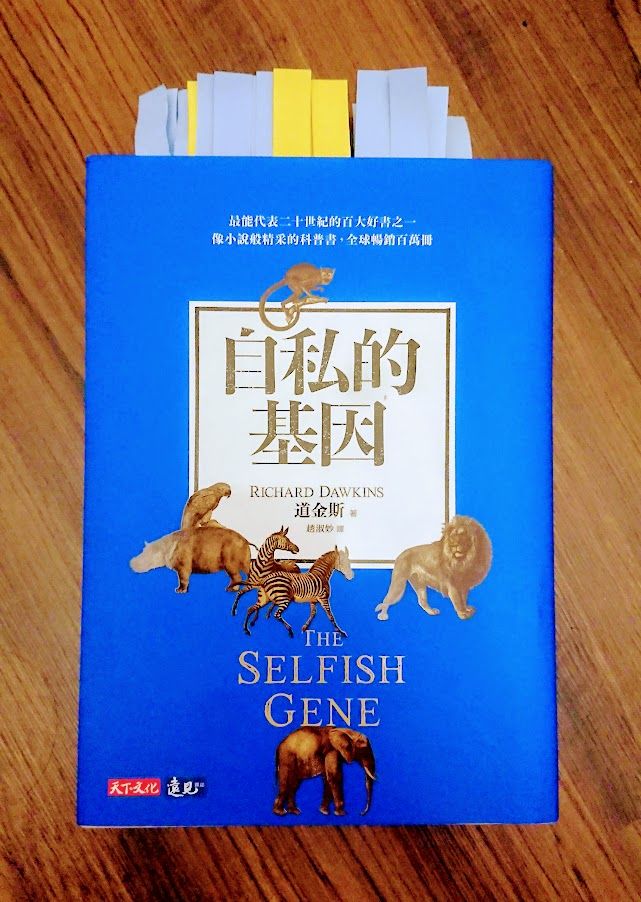
Are creatures selfish or selfish? "The Selfish Gene" answers this ancient question: it is selfish, but in " genes ".
Author Richard. Dawkins is a famous evolutionary biologist, and his book "The Selfish Gene" is a classic masterpiece.
This article will start with the common paradox of altruistic explanations; then it will explain the theory of the selfish gene, using three examples of how animal behavior is manipulated by genes; meme.
[Contradictory interpretation of self-interest and altruism]
Animals often show contradictory behaviors, sometimes being selfish. For example, emperor penguins will push each other to "test the water temperature" because they are afraid of seals that love them in the water; sometimes they are willing to sacrifice for others, like many small When birds see eagles, they will make sounds to warn their companions regardless of their own exposure to danger.
A common explanation is to use Darwin's theory of natural selection. The statement is as follows: Because species compete and the fittest survive, individuals in a species are always ready to sacrifice for the bigger picture, so that the species itself can survive. Such a view is called group selection theory .
Simply put, selfishness and altruism are both for greater self-interest, and creatures will evolve to do things that are beneficial to the race.
Group selection theory can explain the paradoxical phenomenon of penguin cannibalism and birdsong sacrifice. But Dawkins points out that the idea of species as a unit has its contradictions. The simplest crack is: how to determine which level is the most important ?
For example, the biological hierarchy has bounded, phylum, class, order, family, genus, and species. Wouldn't altruism happen at a higher level? For example, lions, antelopes and humans all belong to the class of mammals. Would lions not hunt antelopes for the general interests of mammals?
Dawkins's solution to this paradox is that the basic unit of our natural selection and egoism is neither the species, nor the group, or even the individual, but the "gene" . how to say? Let's see.
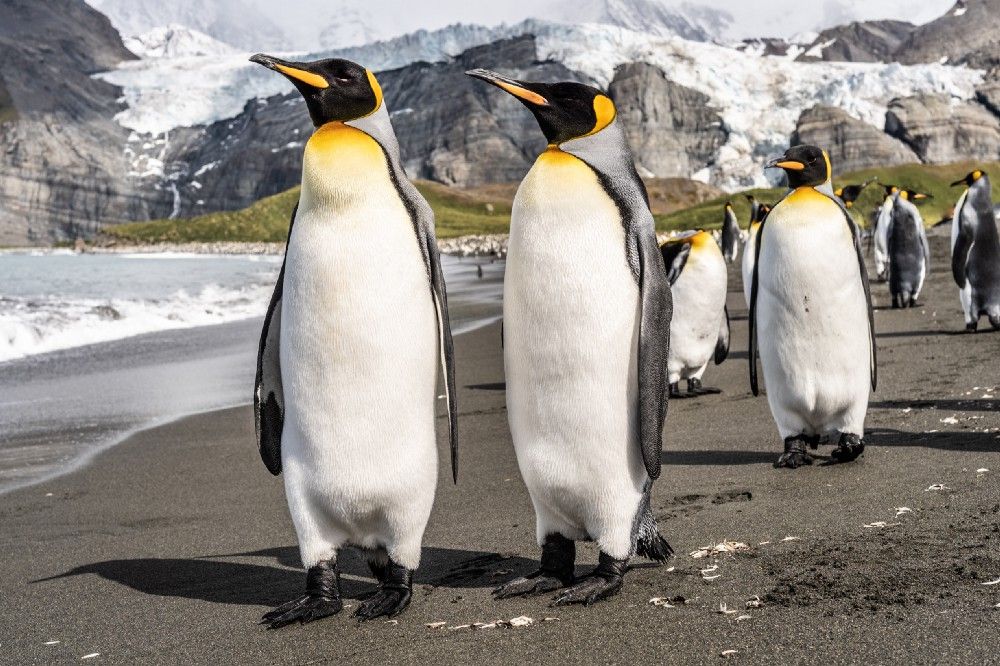
【We are the survival machine of genes】
Before talking about the relationship between genes and altruism, a little refresher on basic biology. Everyone should remember that the genes in our body come from the sexual reproduction of our parents, half from the father's sperm, and the other half from the mother's egg.
And genes determine our physical characteristics, such as black or blue eyes, height, shortness, fatness, and even many behaviors are affected by it.
Genes are passed down from parents to us, we pass them on to our children, replicate from one body to another. In this sense, a gene is immortal because it is constantly being copied and passed on.
From this, Dawkins makes a startling conclusion: We are all genetic survival machines .
We are all survival machines - incarnations of robots, secretly programmed to maintain these selfish elements called "genes"!
Simply put, it's not the species that competes, but the genes in you and me. Each gene will strive to reproduce itself to future generations. In order to achieve this goal, genes have created various survival machines to achieve this ambition, whether humans, monkeys or penguins are just its survival machines.
In other words, Dawkins believes that whether it is altruistic or selfish, it is controlled by "genes". Through these behaviors, genes try to make it more likely to be replicated. Let's go on to three examples of how selfish genes manipulate survival machines to help them pass on.
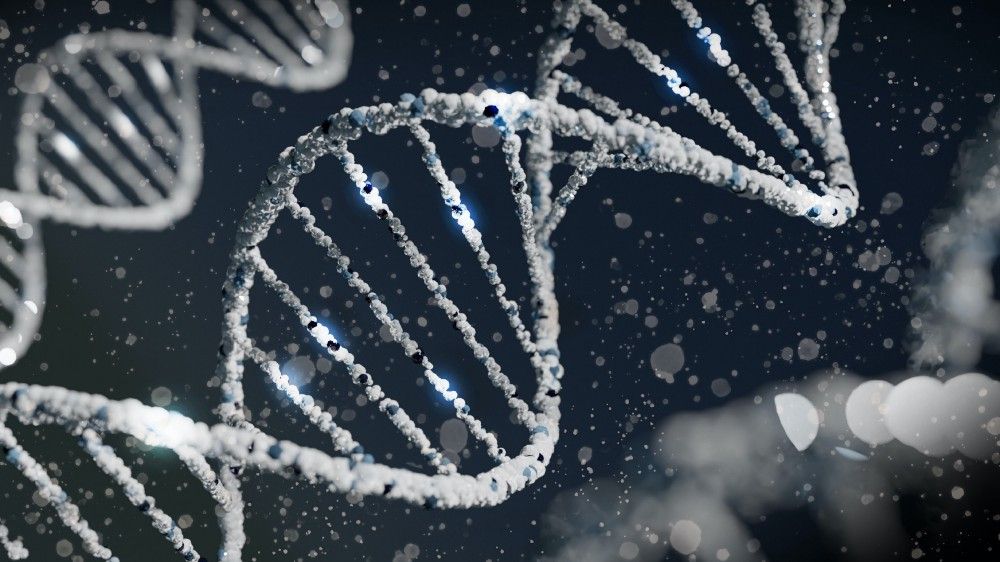
[Genes are an example of selfishness]
Dawkins' needle mentions a lot of animal behavior research in this book, which is like a novel and is definitely worth reading. Here I will give three interesting examples to illustrate the operation logic of the selfish gene.
(1, close relatives protect each other)
First, thinking in terms of genes can explain why we care more about kinship than "race" flourishing.
We know from sexual reproduction that close relatives are much more likely to have the same genes than strangers. From the perspective of gene transmission, organisms will naturally take care of people who are close to each other. This is also the reason why parents are willing to pay for their children without regret, because children have 50% of their genes.
That's why we don't tolerate being cuckolded. Otherwise, no matter who the child is, it is a human being, isn't it?
What about adoption, you might ask? In fact, adoption is so rare in the animal kingdom that orphans often end up dying. Many animals have even evolved mechanisms to prevent "raising children" from helping others. Some birds, for example, rely on the pattern of spots on the eggs to ensure that the hatched eggs are "natural."
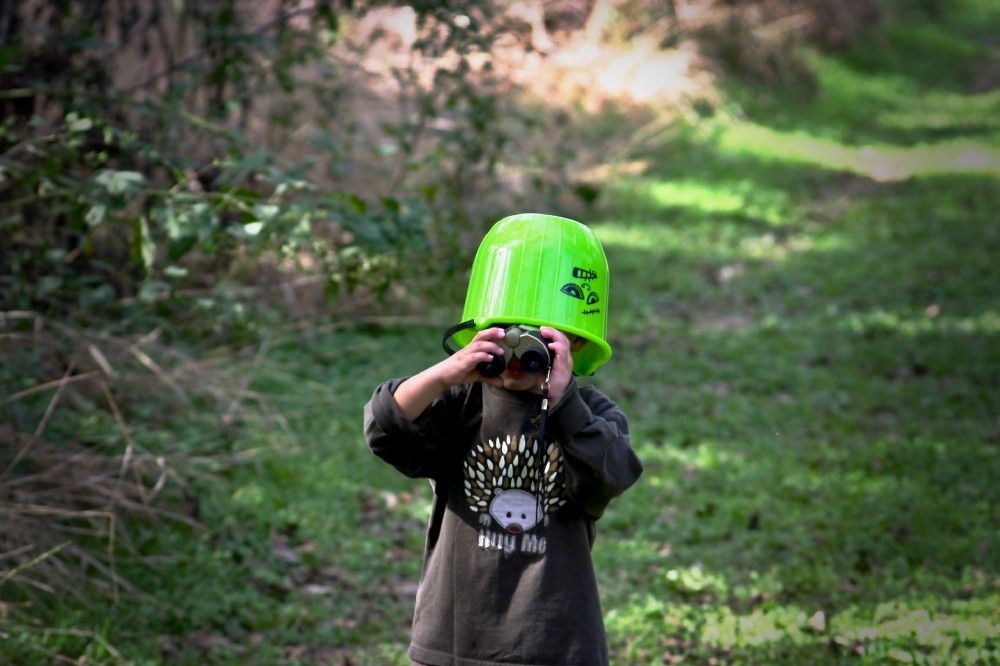
(2. Reproductive plan)
Next, let's look at some behaviors that, at first glance, seem incompatible with allowing a species to thrive, and explore how the selfish gene works.
Let's talk about birth control first. Animal populations do not increase in number indefinitely. In the case of birds, each species tends to lay a "specific" number of eggs. Why is this?
The reason is: birth and nourishment are irrelevant. Having the ability to live does not mean that you can support yourself. If a bird lays too many eggs, there are not enough resources to pass on genes by raising all the young to adulthood. If a gene makes its survival machine too greedy and lays too many eggs, the odds of extinction increase.
Weaning of mammals follows a similar logic. After the larvae are grown and stabilized to a certain extent, the mother is weaned, transferring resources to the next larvae, maximizing gene transfer.
Selfish genes can also be used to explain menopause, a behavior that at first glance reduces the chance of reproduction. Because women get older, their ability to raise children gradually declines. When a woman reaches a certain age, the chance of a child growing into adulthood is less than that of a grandson, and investing in grandchildren is a better option at this time. Therefore, menopause genes can be said to have an evolutionary advantage.
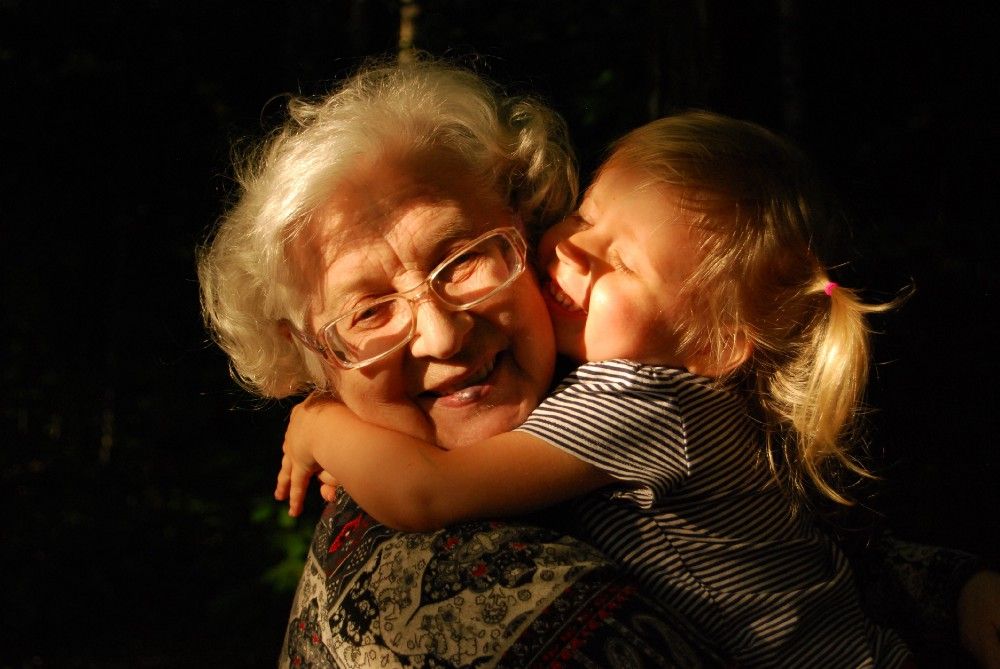
[3. Gender War]
Finally, let's talk about the role that genes play in sexual behavior.
On the surface, if an individual can have children with more sexual partners, its genes can be more widely reproduced. So in theory, shouldn't amorous genes be prosperous?
But most species did not reproduce into such hybrid societies. At most, the level of "disloyalty" varies. For example, in Birds of Paradise, the female has to take care of the children by herself, and the father is only busy sowing seeds, but the kitten gull is faithfully monogamous.
To explain this, we must go back to the fundamental difference between males and females.
We all know that in order to make an embryo, it takes a sperm to fuse with an egg, but this is actually an unfair start because the egg is bigger than the sperm .
From a food storage perspective, eggs contribute much more than sperm. That is to say, the female sacrifices more at the beginning. If the child dies, the mother loses more resources than the father. So the female will work harder to make sure the baby survives.
This is why many animals are raised by females. Males are more likely to abandon their families. This becomes a vicious circle, as the female sacrifices more at the beginning and has no choice but to continue to pay more in the future so that resources are not wasted.
The book calls this condition: Honest Eggs and Exploited Sperm .
Female animals develop various behaviors to combat such exploitation. The easiest way is to refuse to mate.
For example, females use a period of social interaction to weed out unreliable suitors. Or, like some monogamous birds, they wait until the males have built their nests before mating, ensuring a greater chance of passing on their genes.

The above examples are all manifestations of the selfish gene. Are we, then, the slaves of our genes, living only to make them multiply?
Dawkins doesn't think so. In human terms, the investment of both parents in their children is relatively balanced. This means that we are not only influenced by our genes, there are other factors that influence our behavior. So what is it that breaks the chain of genes? That's the subject of the next paragraph: memes.
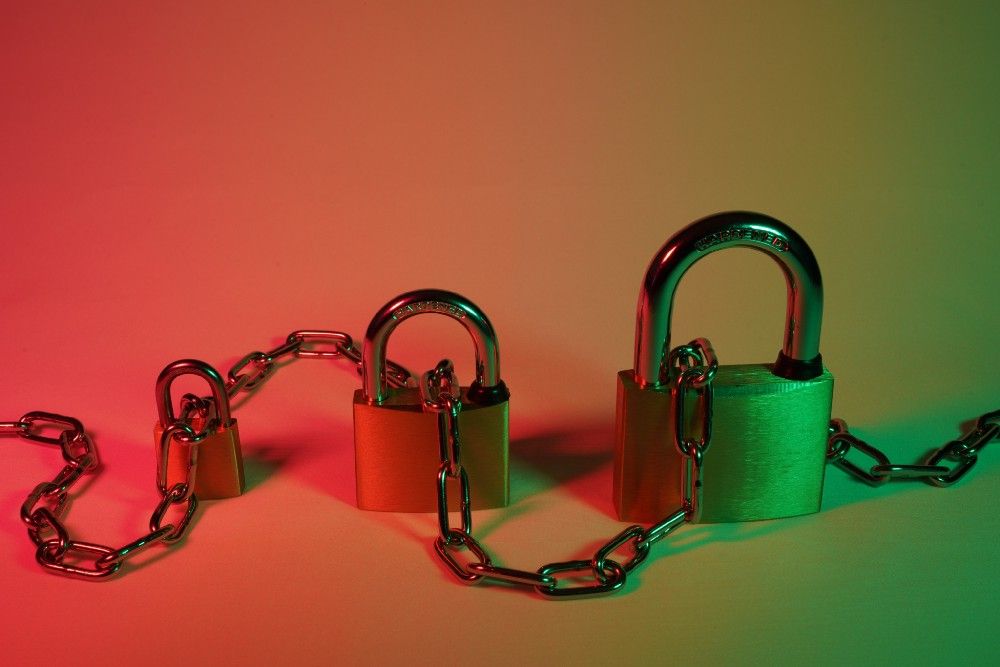
【Break the Binding of Genes: Memes】
The key to human breakthroughs, Dawkins believes, can be summed up in one word: culture .
Language, for example, is an example of standard cultural evolution that has nothing to do with human genetics. In addition, we can see obvious traces of cultural evolution from clothing styles, food styles, and even ideas.
People's way of life is influenced by culture far more than genetics.
In view of the fact that biological evolution has the "gene" as a unit of replication and transmission, Dawkins coined a term to describe the "imitation" unit of cultural evolution, called "Mi". And it has a more familiar translation: memes .
Whether it's a melody, a concept, or a slogan, it can be a meme. Just as genes are passed from one body to another; memes are passed from one brain to another.
And Dawkins believes that it is this kind of transmission that can break through the genetic constraints mentioned above.
Celibacy, for example, doesn't make sense whether you explain it in terms of groupism or selfish genes. Therefore, this concept can be said to be a mutant product of cultural transmission. Of course, this is not to say that celibacy is awesome, but to express that through memes, humans can create behaviors that are different from what selfish genes are about.

【Summarize】
Come to summary time. First of all, we mentioned that the self-interested view of group theory is fundamentally flawed, and "selfish" genes can resolve such contradictions; under the theory of selfish genes, you, me, and even all kinds of creatures are the survival machines of genes. Reproduction and competition; inbreeding, parenting programs, and gender warfare illustrate the logic of how selfish genes work; finally, Dawkins believes that humans can break the shackles of genes through memes.
【postscript】
This book has always been known by its name. It wasn't until I watched "Sky Castle" last year that I started on a whim because of the book club in the play. But after purchasing it, due to its thickness, it was late this year to look at it. It was one of the most enjoyable books I have read recently.
Dawkins cites a large number of animal cases in the book, and deciphers the cocoon, carefully deciphering the right way, bringing readers a rich knowledge feast. These less "tool" books are read less after work. When I read this book, I felt like I went back to the time when I was a substitute, the world where I was immersed in the sea of books and didn't care about interests.
I especially love the paragraphs on Evolutionary Stability Strategies (ESS) and genetic manipulation of various animal behaviors. The content is wonderful, by no means can be summed up in this simple essay. It is highly recommended that everyone visit the gene world in the book in person.
Reading this book is like reading science fiction, because when I write it, I want it to be imaginative.
Although at first reading, this book may feel a little genetic determinism, but Dawkins finally spends a lot of space, emphasizing the possibility of people being altruistic. As he said:
We can't expect children to know their lover at birth, that's what we have to teach them.
I love what Bezos said: being smart is a gift, and being kind is a choice. I believe we can have more options. I hope this world can have more love and more peace.
Finally, may Ukraine be safe. I hope that looking back at these words in the future will not disappoint me.
Articles you may also be interested in:
- "Making Truth": The information war begins, you and I are already in the smoke!
- "Successful Reflection": The trap of the supremacy of virtue, what kind of society do we need?
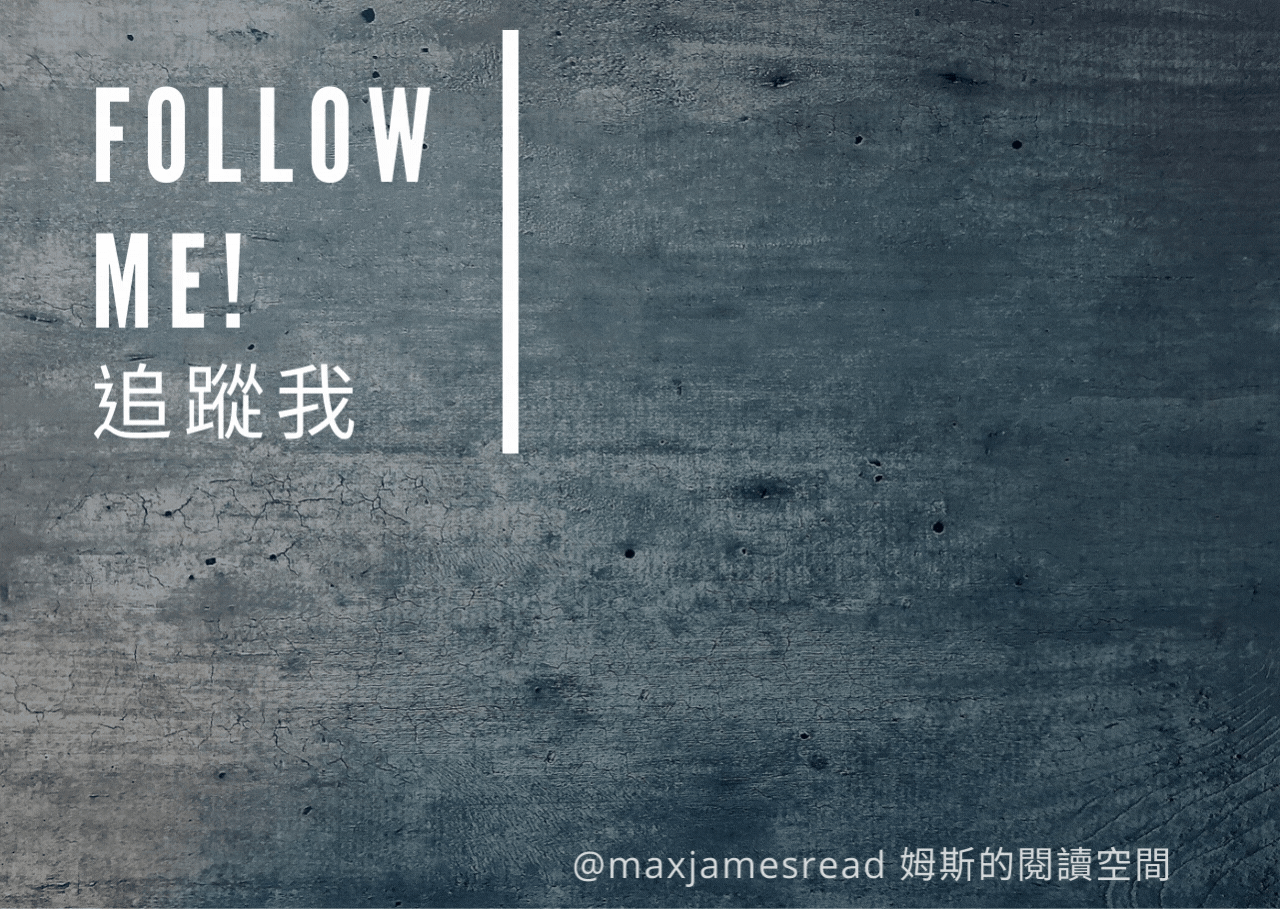
↓↓You are also welcome to follow the Facebook and mourning of "Mrs's Reading Space"↓↓
James' reading space FB
James' reading space IG
Like my work? Don't forget to support and clap, let me know that you are with me on the road of creation. Keep this enthusiasm together!


- Author
- More